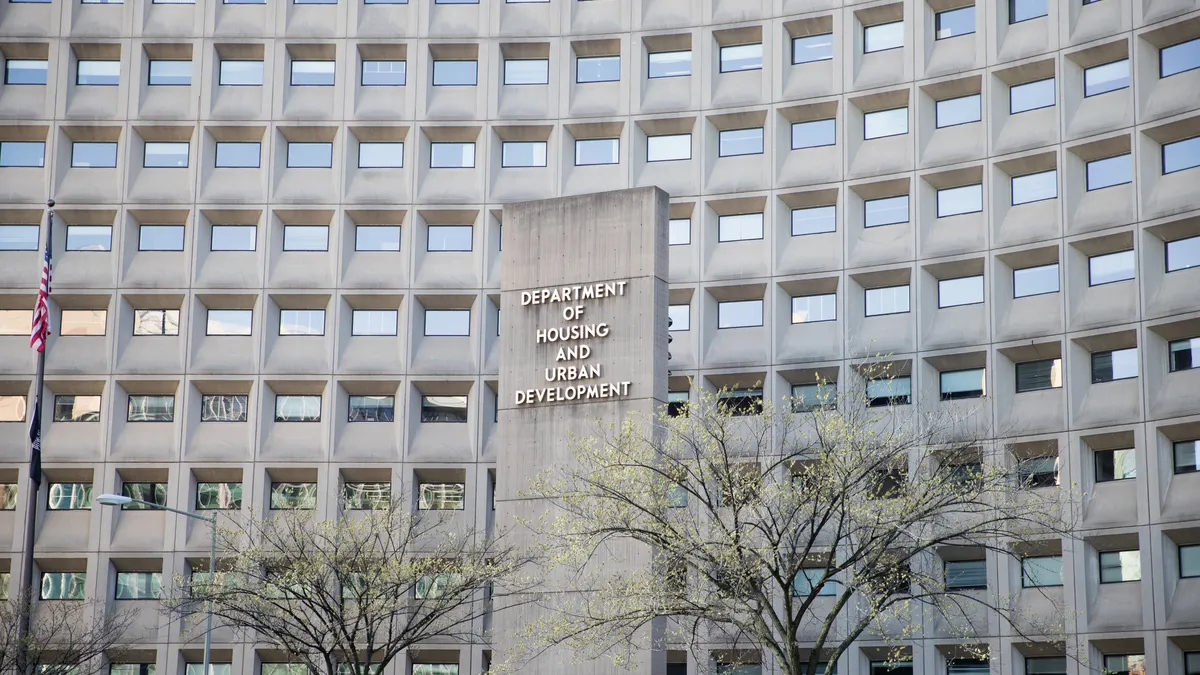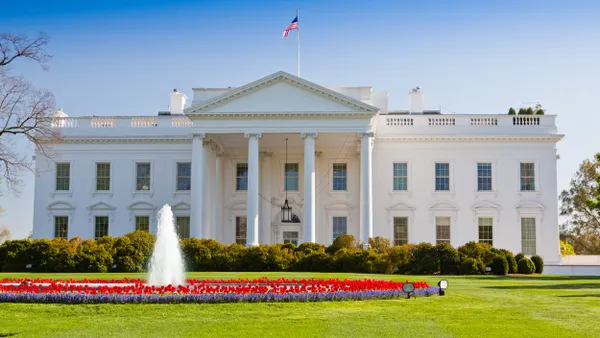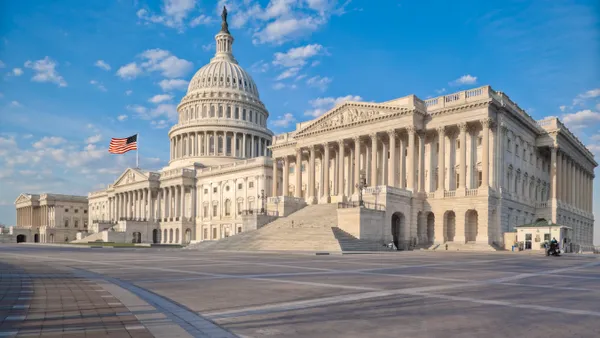Dive Brief:
- San Francisco officials hope to bring more housing to the city’s downtown with legislation proposed last month that would eliminate a zoning requirement that large mixed-use projects include a minimum amount of office space in certain areas.
- The proposed legislation is a response to changes in demand for office space and the city’s housing goals, according to a press release. The proposal is co-sponsored by Mayor London Breed and Supervisor Matt Dorsey.
- The neighborhoods that the change would apply to have seen billions of dollars in transit investments over the last decade, making them the “perfect place to add more housing,” Jesse Blout, founding partner of local real estate developer Strada Investment Group, said in a statement.
Dive Insight:
Post-pandemic work trends mean more people are doing their jobs from home and on hybrid schedules than ever before. That’s left cities grappling with how to evolve downtowns once buoyed by daily hordes of office workers. Vacant office buildings have coincided with a nationwide affordable housing crisis, driving some cities to test new ways to reduce commercial space and increase residential space in city centers.
San Francisco Mayor Breed aims to bring at least 30,000 new residents and students downtown by 2030. That’s where the proposed removal of office space minimums comes in. The zoning change would apply to large, new projects in the Central South of Market neighborhood and around the Transbay Transit Center. Currently, these projects must provide commercial and residential space at a two-to-one ratio.
Breed said the proposed law will help knock down longtime barriers that have slowed the city down and prevented progress. Last year, to encourage office-to-residential conversions downtown, San Francisco waived some zoning requirements for such projects.
One housing advocate lauded the mayor’s proposal in a statement. “The new units enabled by this legislation will provide centrally located homes for those who need them and will help to ensure the Central SoMa area can continue to grow and flourish,” Housing Action Coalition Executive Director Corey Smith said.










